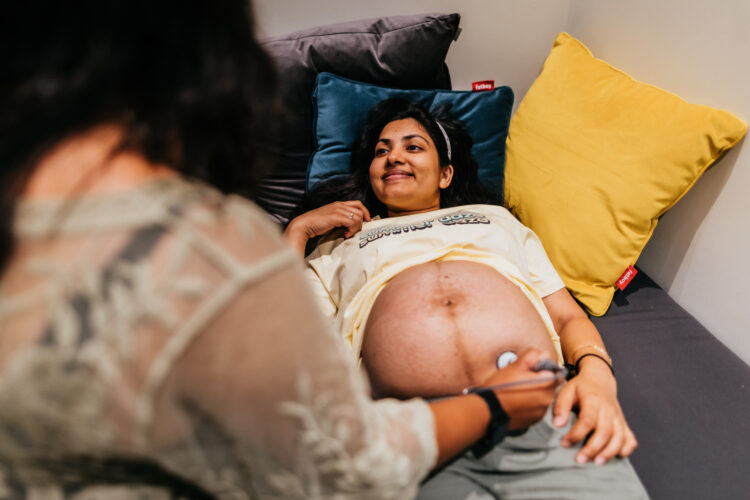Statement on Stopping the Criminalisation of Midwifery

ICM and FIGO call for the European Union to honour its commitment to fundamental human rights for women and to halt, in the European countries where it exists, the criminalisation of midwifery.
Commenting on the imprisonment of a Hungarian midwife and obstetrician, Frances Day-Stirk, President of the International Confederation of Midwives (ICM) and Prof. Gamal I. Serour, President of the International Federation of Gynecology and Obstetrics (FIGO) said:
ICM and FIGO join professional colleagues and other groups from across the world in registering our dismay and concern regarding the disproportionately harsh sentence of Dr. Agnes Gereb.
The situation that has arisen in Hungary, and in other countries of the European Union, is a breach of the fundamental human right of every woman to choose how and where she will give birth. In December 2010, confirmed in March 2011, the European Court of Human Rights found that Hungary’s legislation that, by threat of criminal liability, dissuaded healthcare professionals from attending women who choose to give birth at home “constitutes an interference with the exercise of the right to respect for private life by prospective mothers” (Ternovszky v. Hungary, paragraph 22).
The Court accordingly found Hungary in violation of women’s rights under the European Convention for the Protection of Human Rights and Fundamental Freedoms.
ICM and FIGO uphold the human right of every childbearing woman to have access to a midwife’s care for herself and her newborn.
There is strong evidence that out of hospital birth supported by a registered midwife is safe, and a preferred experience for many mothers. Women should not be denied this choice because of the lack of an adequate and enabling regulatory framework that makes it possible for midwives to practice their profession in any place that women choose to give birth.
Part of the difficulty in Hungary and other European countries seems to arise from an inadequate legal and regulatory framework for midwives to practice outside of a hospital. ICM and FIGO would like to work with any country to enable the appropriate regulatory mechanism to be developed and implemented in accordance with agreed international standards and competencies. European-wide regulation should make it legal for properly regulated midwives to work both inside and outside the hospital context, in accordance with women’s human rights recognized by the European Court of Human Rights.
ICM and FIGO call on the authorities in Hungary and other European countries where applicable, urgently to address this issue of respect for the human rights of women. We also call upon the European Union to honour its commitment to fundamental human rights and to halt, in the European countries where it exists, the criminalisation of midwifery.